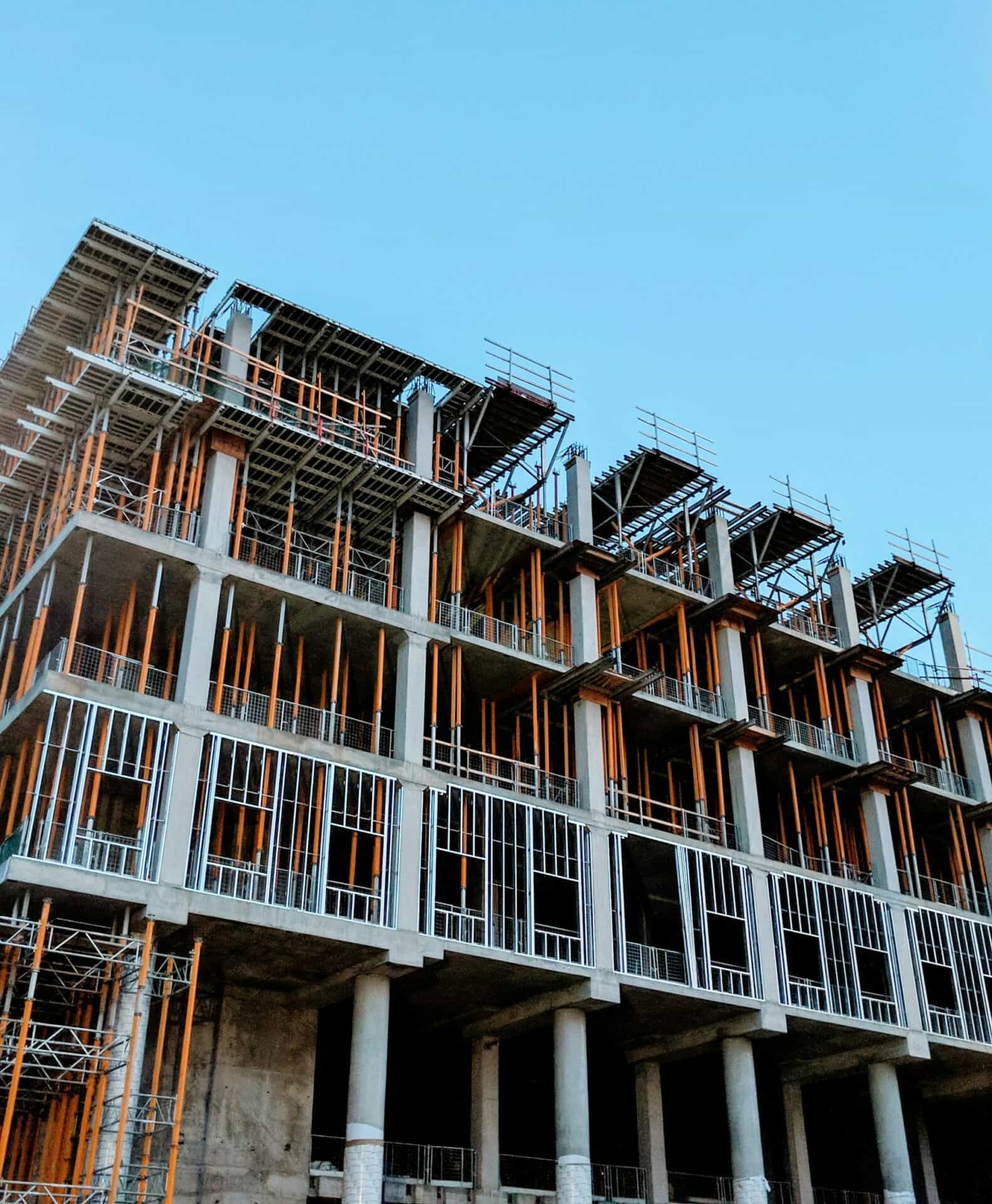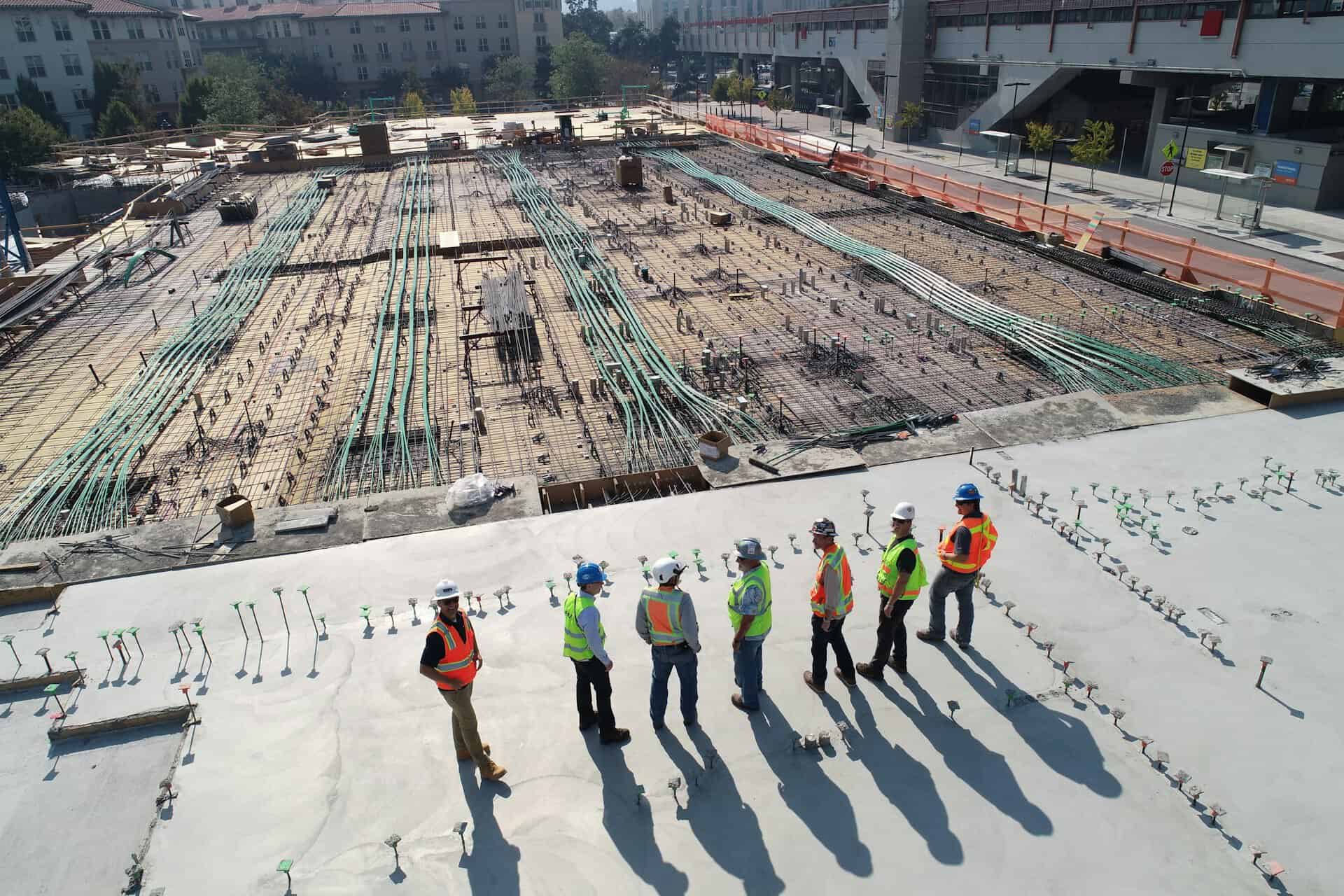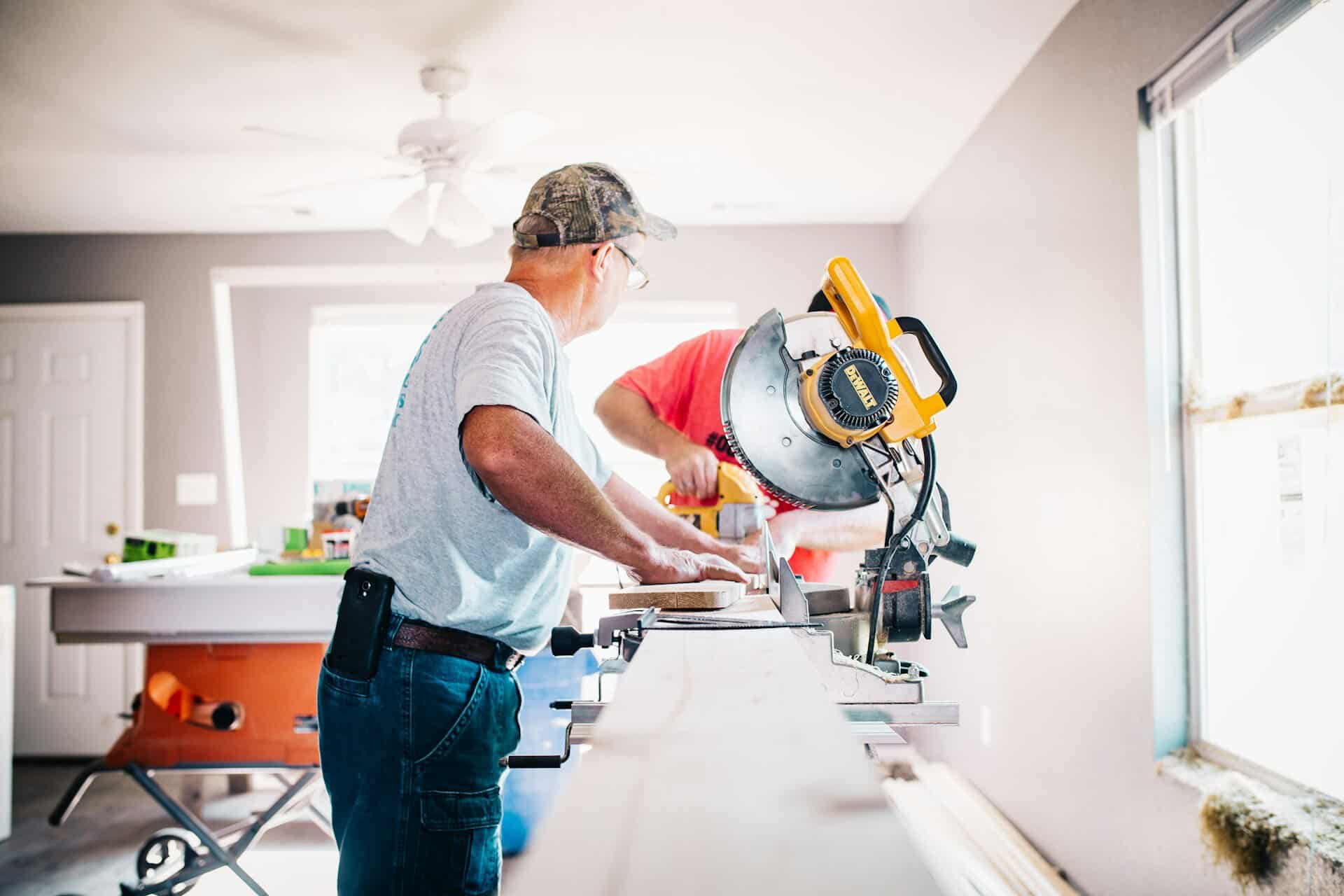As a result of the changes from the Federal Budget 2017, claiming depreciation on substantial renovations on properties has vastly changed. Before the recent law changes, landlords were entitled to claim depreciation on pre-existing plant and equipment and any renovations that the previous owner carried out.
As the new legislation has passed, properties purchased after the 9th of May 2017 or were not used within the 2016 – 2017 financial year period as a rental property are no longer entitled to claim the plant and equipment that the previous owner installed. However, if the current owner chooses to carry out substantial renovations and then lease the property out, the investor may be entitled to claim both Plant and Equipment (Division 40) and Capital Works (Division 43). The renovations can only be depreciated if claimed as a deduction within six months from the lease commencement date.
Under the Goods and Services Tax Ruling: GSTR 2003/3 Act, a property with substantial renovations is broadly defined as alterations to the building, by removing or replacing the building to a greater extent. The term ‘renovate’ is defined as; to making it new again; refresh; revive; or restore to a good condition. A renovation is considered an improvement and is not a repair or maintenance.
The renovations can be, but may not be limited to:
- Removal or replacement of foundations
- External walls
- Interior supporting walls
- Floors
- Roof
- Staircases
With this being said, it does not necessarily need to involve structural changes, but it must affect the building as a whole – it is at a Quantity Surveyor’s discretion to define ‘substantial renovations’.
However, having newly installed basic equipment within a bathroom and/or kitchen is not ample enough to be considered a substantial renovation.
Once substantial renovations occur, the property may also be referred to as a new residential premise. In conjunction with this, the investor can claim both elements of depreciation. Hence, pre-existing substantially renovated properties will be applied as newly existing properties under tax depreciation.
The scenario below delves into this new ruling and how it may affect you:
Marcus has currently invested in a 1993 residential house. As the house is run-down due to age, Marcus decides to add value to the property by renovating it. Marcus alters the building by applying the following:
- Kitchen
- Bathroom
- Light Fittings
- Electrical Rewiring
- Roof Restoration
- Air-Conditioning
Upon completion, Marcus sells the property to Daniel on the 15th of October 2018. Due to the nature of renovations, this may be sufficient enough to be known as ‘substantial renovations’ and will allow the new investor, Daniel to claim both Division 40 and Division 43.
It is worth noting that the amended GST act does not affect claims to Capital Work deductions which relates to Division 43 of the Income Tax Assessment Act. To find out more, find out more about Division 43 by clicking here.
At Duo Tax Quantity Surveyors, we can determine if your property will qualify for substantial renovations and ensure that we capture all available deductions for your investment property to maximise your wealth.
Speak to one of our experts by calling 1300 185 498 or click here to send us an enquiry

Ready to get started?
Talk to one of our friendly property experts to get a free quote or more Information.










